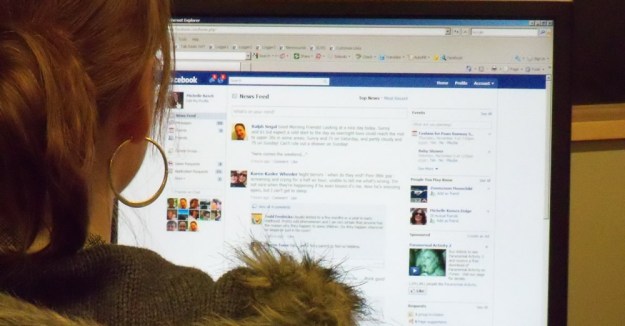
According to a new study out of the University of Chicago Booth School of Business, the desire to check a social network like Twitter or Facebook is stronger than the need to smoke a cigarette or have an alcoholic beverage. As reported by The Guardian, test subjects between the ages of 18 to 85 were armed with BlackBerry smartphones and asked to send messages seven times a day related to recent desires. Splitting the messages up over 14 hours a day covering an entire week, respondents were asked to list any desire felt in the last 30 minutes and describe the level of strength of that desire. The 205 participants were also asked to describe how it interfered with other desires and if the desire was resisted.

However, respondents were able to resist the majority of sexual and spending impulses. In addition, addictive vices such as caffeine, tobacco and alcohol were much lower on the overall list of desires. Researchers also discovered that the ability to resist certain desires is much stronger at the start of the day and participants were more likely to give into a desire if they continually attempted to resist it throughout the day.
According to Wilhelm Hofmann, the University’s assistant professor of behavioral science, he stated “Resisting the desire to work was likewise prone to fail. In contrast, people were relatively successful at resisting sports inclinations, sexual urges, and spending impulses, which seems surprising given the salience in modern culture of disastrous failures to control sexual impulses and urges to spend money.”
Specifically regarding social media, he went on to say “The fact sleep and leisure were the most problematic desires suggests pervasive tension between natural inclinations to rest and relax and the multitude of work and other obligations. Desires for media may be comparatively harder to resist because of their high availability and also because it feels like it does not ‘cost much’ to engage in these activities, even though one wants to resist.”
The study has been submitted to Psychological Science and is scheduled to be published in the journal soon. Another recent study out of Utah Valley University explored the possibility that Facebook is making people sad due to the high amount of happy pictures and status updates found on the social network.


